Loading AI tools
Federal law enforcement agencies of the United States From Wikipedia, the free encyclopedia
The federal government of the United States empowers a wide range of federal law enforcement agencies (informally known as the "Feds") to maintain law and public order related to matters affecting the country as a whole.[1][2]

While the majority of federal law enforcement employees work for the Department of Justice and Homeland Security, there are dozens of other federal law enforcement agencies under the other executive departments, as well as under the legislative and judicial branches of the federal government.
Federal agencies employ approximately 137,000 full-time personnel authorized to make arrests and/or carry firearms in the 50 states and the District of Columbia,[1] out of the more than 800,000 law enforcement officers in the United States.[3]

Federal law enforcement in the United States is more than two hundred years old. For example, the Postal Inspection Service can trace its origins back to 1772,[4] while the U.S. Marshals Service dates to 1789.[5] Other agencies, such as the FBI, are relatively recent, being founded in the early twentieth century. Other agencies have been reformed, such as the ATF which was formed only in 1972, but had its origins in 1886.[citation needed] Some federal law enforcement agencies have been formed after mergers of other agencies, over the years. This includes the CBP, ATF, and the DEA.
Military law enforcement, although federal, consists of both military personnel and civilian officers. For example, "DoD Police" refers to any civilian engaged in police duties for the DoD or the US Armed Forces. Each branch also has a law enforcement agency responsible for the investigation of more serious crimes and incidents, such as the Army’s Criminal Investigation Division.
Different federal law enforcement authorities have authority under different parts of the United States Code (U.S.C.). Most are limited by the U.S. Code to investigating matters that are explicitly within the power of the federal government. There are exceptions, with some agencies and officials enforcing codes of U.S. states and tribes of Native Americans in the United States. Some federal investigative powers have become broader in practice, especially since the passage of the Patriot Act in October 2001.[6]
The United States Department of Justice was formerly the largest and is still the most prominent, collection of federal law enforcement agencies. It has handled most law enforcement duties at the federal level[7] and includes the United States Marshals Service (USMS), the Federal Bureau of Investigation (FBI), the Drug Enforcement Administration (DEA), the Bureau of Alcohol, Tobacco, Firearms and Explosives (ATF), Federal Bureau of Prisons (BOP), and others.
However, the United States Department of Homeland Security (DHS) became the department with the most sworn armed Federal law enforcement officers and agents upon its creation in 2002 in response to the September 11, 2001 terrorist attacks when it incorporated agencies seen as having roles in protecting the country against terrorism. This included large agencies such as U.S. Immigration and Customs Enforcement Homeland Security Investigations (HSI), the U.S. Secret Service (USSS), the U.S. Coast Guard (USCG), the Transportation Security Administration (TSA), and the U.S. Customs and Border Protection (CBP) (created by combining the former agencies of the United States Border Patrol, United States Customs Service, and the United States Department of Agriculture's Animal and Plant Health Inspection Service (APHIS) into a single agency within the DHS).[2]
This article contains a list of miscellaneous information. (September 2024) |
Agencies in bold text are law enforcement agencies (LEAs).



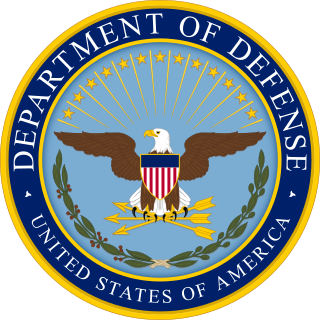


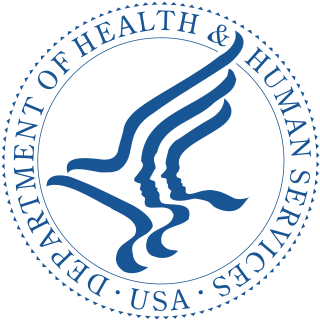



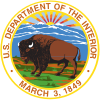

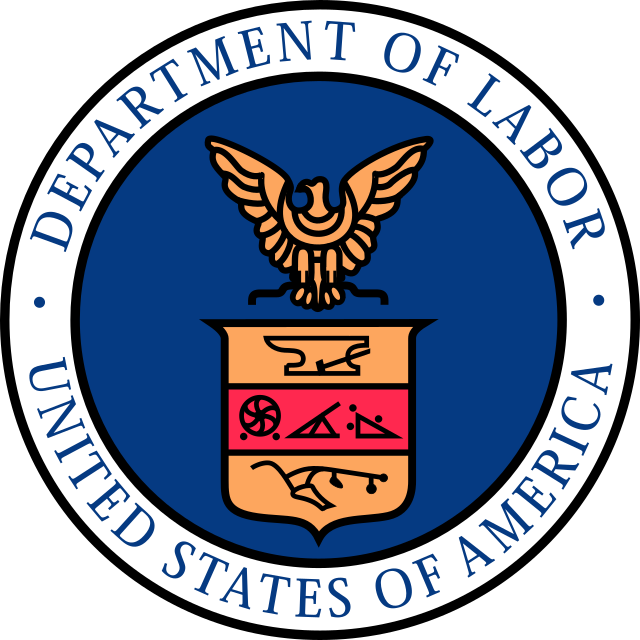







Independent Agencies and federally-administered institutions;
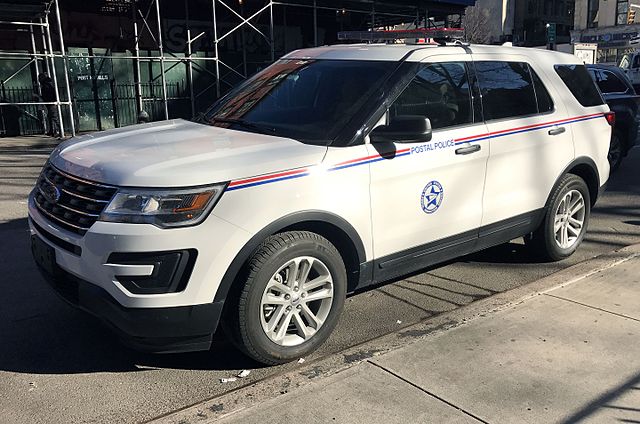
Seamless Wikipedia browsing. On steroids.
Every time you click a link to Wikipedia, Wiktionary or Wikiquote in your browser's search results, it will show the modern Wikiwand interface.
Wikiwand extension is a five stars, simple, with minimum permission required to keep your browsing private, safe and transparent.